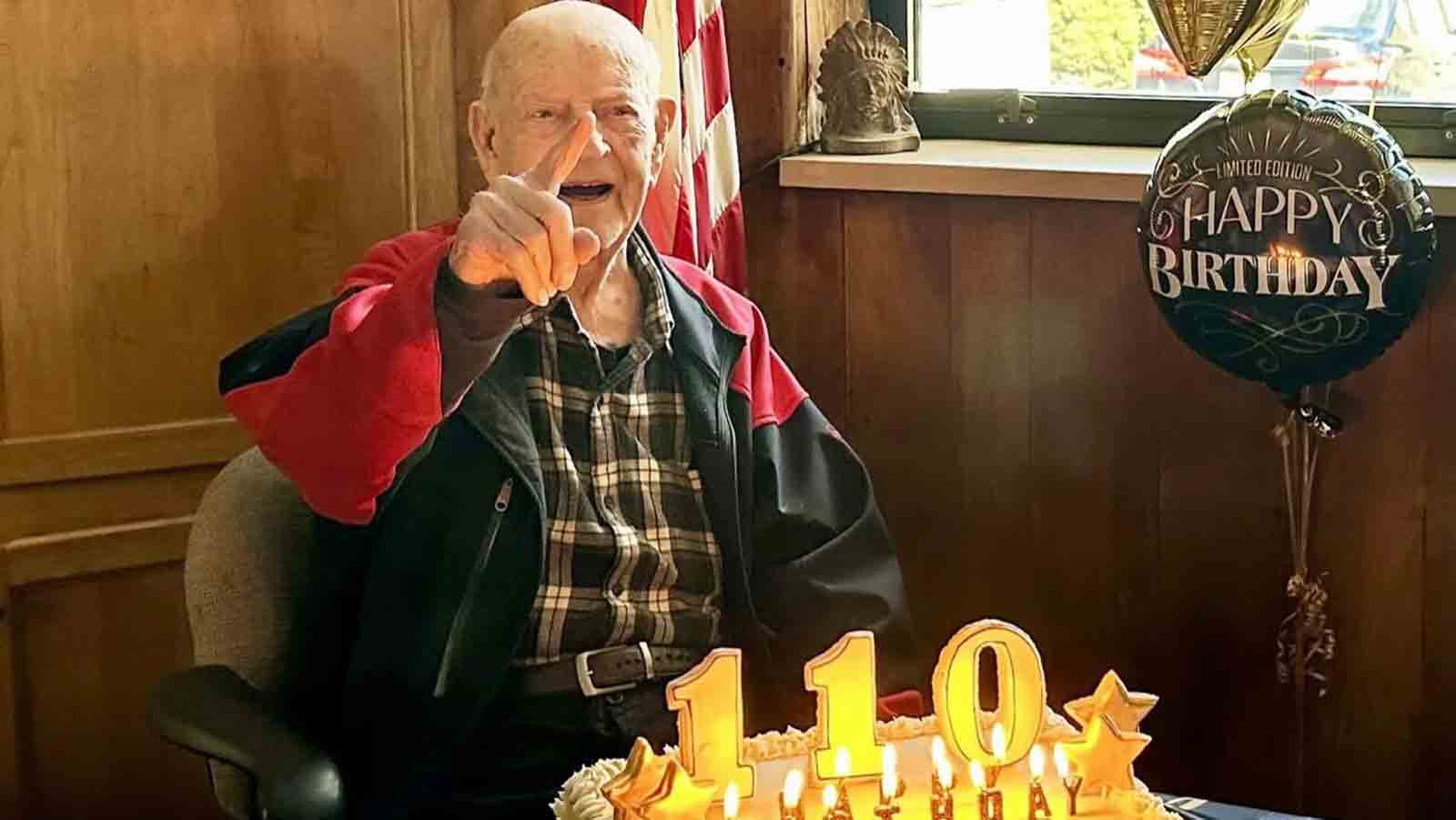MedStar Washington Hospital Center is the first in the region to use robots in the operating room to treat patients who need heart surgery, helping people get back on their feet quicker with a lot less pain and medication.
“It's miraculous,” Brian Cohn said. “I got out of the hospital in three days.”
The 64-year-old father from Northwest D.C. was recently diagnosed with mitral valve prolapse, a common condition where the heart’s mitral valve flaps don’t function properly, allowing blood to flow in the wrong direction.
He said he went to several top cardiologists who all recommended traditional open-heart surgery.
We're making it easier for you to find stories that matter with our new newsletter — The 4Front. Sign up here and get news that is important for you to your inbox.
“I was interested in alternatives that were less invasive,” Cohn said.
Then he heard about the new robotic cardiac surgery program at MedStar Washington.
“When we do robotic surgery, we don't have to, you know, go into the middle,” Dr. Yuji Kawano said. “Instead, we make little, small holes in the right side of the chest, and where these robotic instruments go in, and we can complete the task without opening the chest, which is a huge difference for the patient.”
Health
Kawano heads the program and performed Cohn’s robotic mitral valve surgery – the first in the region.
Unlike traditional heart surgery, which require surgeons to open the chest to access the heart, the robotic method allows surgeons to slip instruments through five small incisions, allowing for more precise movements unmatched by the human hand.
The technique also reduces the risk of post-surgical complications like stroke, infection and blood loss.
“Post-operative pain is going to be much less, and, you know, recovery is quicker,” Kawano said. “And then they don't have to stay at the hospital long.”
“The lack of all that invasive surgery and incision means fewer complications, quicker recovery, less pain, less pain, less pain,” Cohn said. “And I had maybe a couple of over-the-counter pain pills over the course of the next week to sleep through the night, and other than that, I really didn't have any pain.”
That meant getting back to his active lifestyle a lot quicker and doing what he loves, while others likely would still be bedridden.
“If I had the traditional method, I'd probably still have been in intensive care,” Cohn said. “Within 10 days, I went fishing with my son down on the Potomac River for his 27th birthday. Now, I'm four weeks out and I walk 3 to 5 miles a day.”
Kawano has performed more than 200 robotic heart surgeries.
In addition to robotic mitral valve surgery, the hospital says robotics will soon be used to treat other cardiac diseases like coronary artery obstructions and cardiac tumors.



